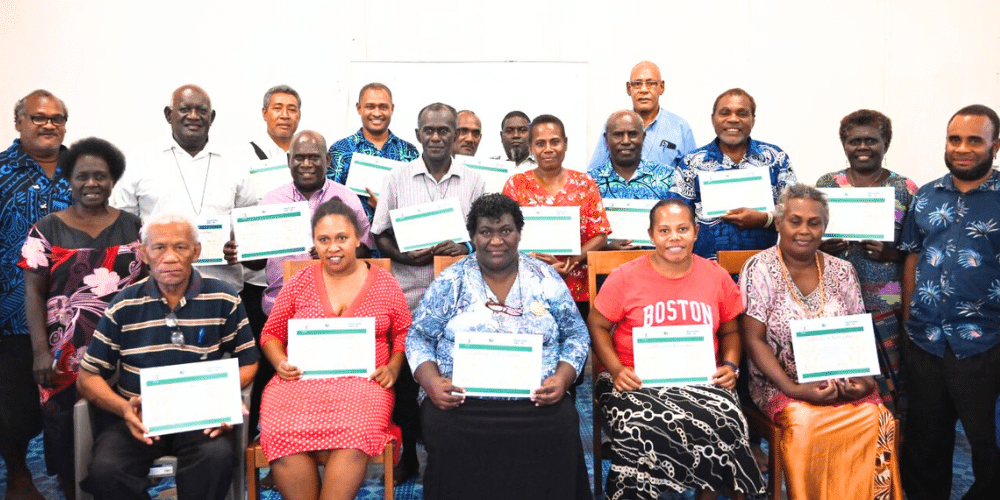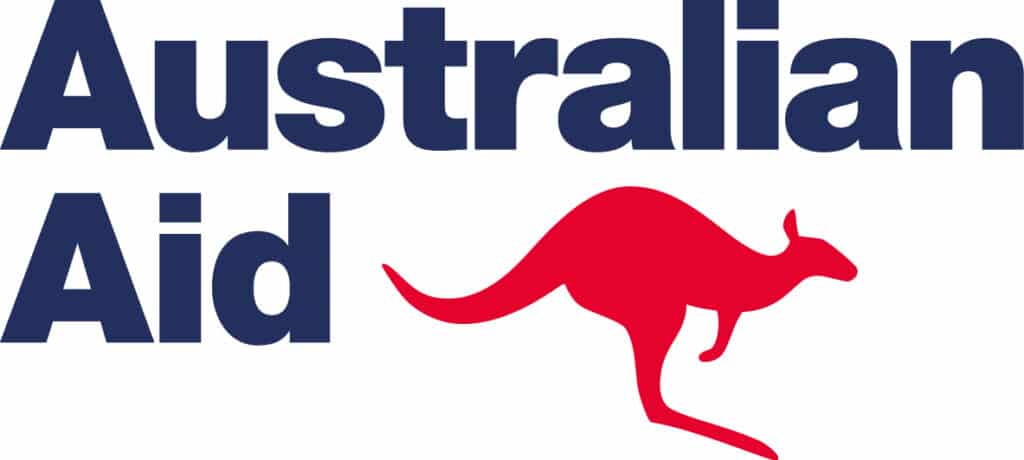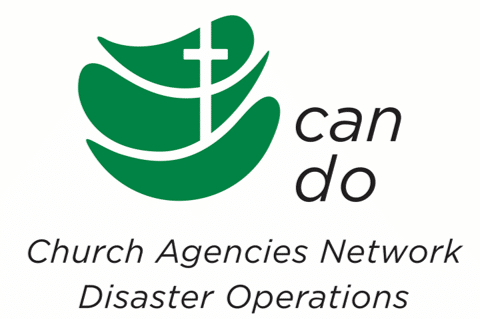
Climate Resilience
Theology of Disaster Resilience
CHURCH leaders have successfully completed a weeklong Training of Trainers workshop from 12th-15th June, 2023 in Honiara.
The workshop was attended by the leaders and representatives from the Anglican Church of Melanesia (ACoM), United Church Solomon Islands (UCSI), Seventh Day Adventist (SDA), South Seas Evangelical Church (SSEC), Catholic Church (CC), Solomon Islands Christian Association (SICA) and Assembly of God representing Solomon Islands Full Gospel Association (SIFGA).
The workshop was funded by DFAT through the Australian Humanitarian Partnership (AHP) Program and implemented by the Church Agencies Network Disaster Operations (CANDO) consortium which comprised of the following local church partners under SICA and SIFGA.
The aim of the program is to improve our church partner’s collaboration and coordination and increase community resilience to disaster and conflict before, during and after.
The program focuses on disaster preparedness in a theological perspective, approaches, knowledge, and skills by connecting and learning about the link between God and Disasters.
Disasters often raises questions about God and the meaning of life. People ask questions such as; why has this happened? Is a disaster God’s punishment for sin? Why would an all –powerful, loving God allow disasters to happen? Where is God when disasters happen? Has God abandoned us? These are questions that have been raised and debated by theologians and philosopher’s for many centuries.
At the heart of this questions lie the fundamental question about the nature and character of God. What then can disaster teach us about God, our relationship with God within creation and our relationship with our fellow human being?
The primary objective of disaster resilience from a Christian perspective is to strengthen, empower and enable individuals and communities to build and maintain communities of sustainability and resilience in the face of disasters.
Critical to building, developing and maintaining communities of resilience is a Christian concept of preparedness. A theology of Disaster Resilience has its core the premise that preparedness is an element of discipleship for a Resilient Pacific Earth Community.
A theology of Disaster Resilience calls forth Faithful Response and Faithful Practice. Faithful Response is demonstrated through our faith and trust in God’s unwavering love and is expressed through Christian Discipleship, Resilience, Love and Hope. But Faithful Response must also be lived through Faithful loving Action.
There are four marks of preparedness in a Christian concept of theology of Disaster Resilience such as Faithful Response, Preparedness as an element of Discipleship, Preparedness is a Mark of Resilience, Preparedness is a sign of Faithful and Visible Hope.
The workshop was ended with certificate presentation.
Article by: Mr. Lionel Dau CANDO Project Coordinator
This article originally appeared in the Solomon Star.
This program was supported by the Australian Government through the Australian Humanitarian Partnership.








